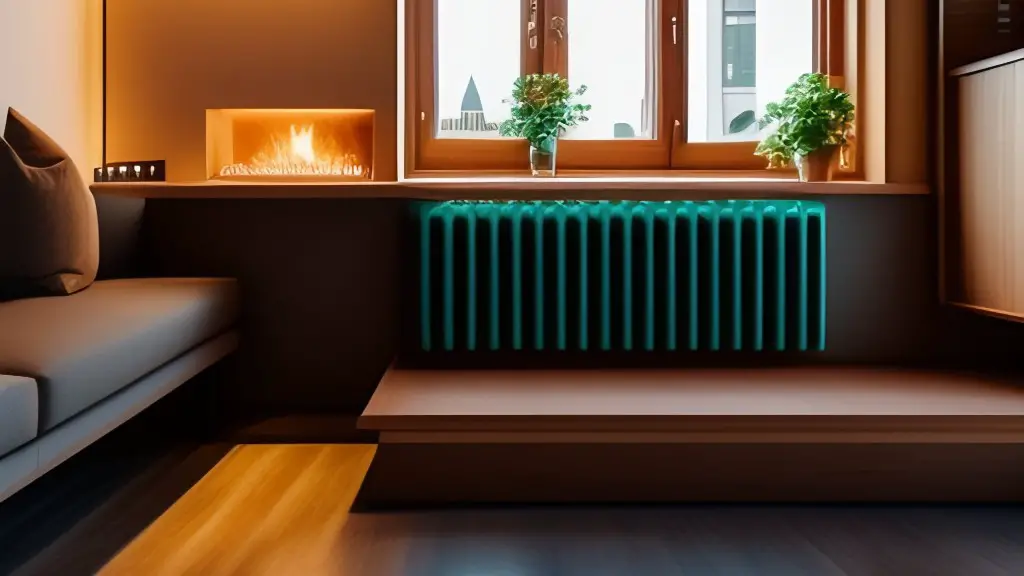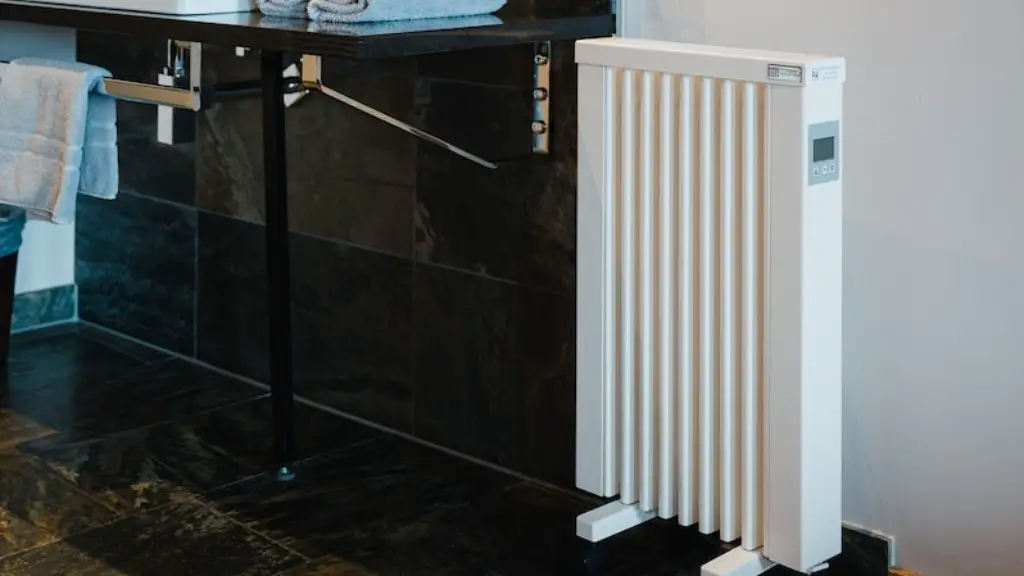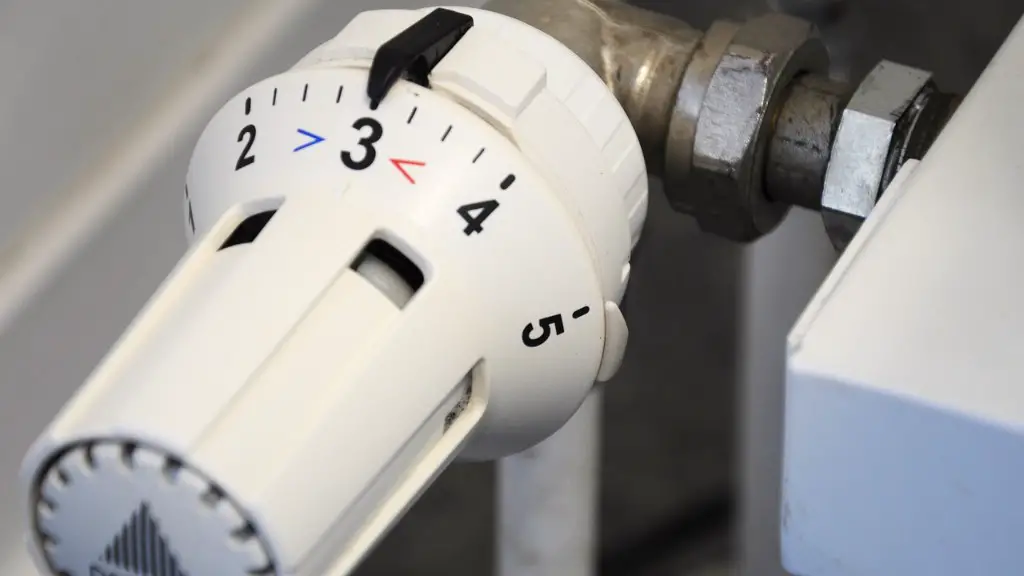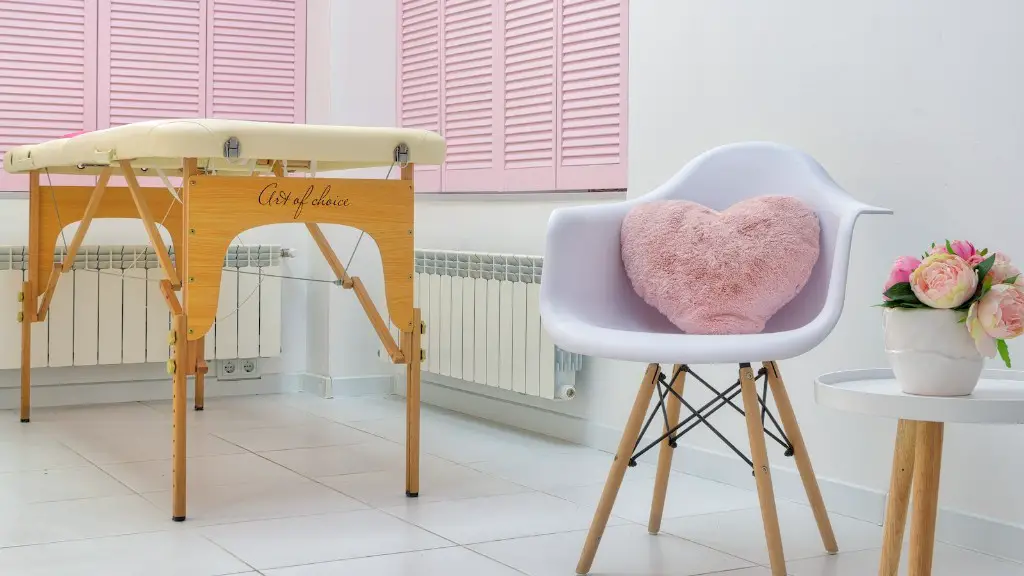If your car starts to overheat, or if the heater isn’t working as well as it used to, it could be a sign that your radiator is bad. Other signs include a leaky radiator, coolant in your oil, or a puddle of coolant under your car.
If your radiator is bad, it will likely need to be replaced. There are a few ways to tell if your radiator is bad:
-If your engine is overheating, this is a sign that your radiator is not adequately cooling the engine.
-If there is coolant leaking from your radiator, this is another sign that it is not functioning properly.
-If your radiator is making strange noises, this is another indication that it is not working as it should.
What is the symptom of a bad radiator?
There are a few different signs that your radiator might be going bad. If you notice that your vehicle is consistently running too hot, that’s one sign. Other signs can include low coolant levels, coolant that looks rusty, radiator hose problems, and coolant leaks. If you notice any of these things, it’s best to take your vehicle to a mechanic to have it checked out.
If you notice any of the above signs, then it’s possible that you need a new radiator. Be sure to check your coolant levels and look for leaks, and if you notice any radiator discolouration or sludge then it’s time to get it replaced.
How do I test a radiator
To check for leaks in your system, apply 15 psi of pressure to the system and then check the pressure gauge to see if the reading is stable. If it is, then you don’t have any leaks.
If your radiator is going bad, it’s important to flush it periodically to prevent the build-up of dirty coolant, which can turn into sludge. If not flushed properly, this sludge can prevent the radiator from cooling the engine efficiently, leading to extensive damage to the engine and transmission.
Is it OK to drive with bad radiator?
If you have a cracked radiator, it’s important to get it fixed as soon as possible. Driving with a cracked radiator can be dangerous because the engine may overheat. A cracked radiator doesn’t allow the proper amount of coolant to reach the engine, which can cause the engine to overheat.
If you notice the signs of radiator failure, it is important to stop driving immediately. Driving with a vehicle in disrepair is dangerous, and it could damage your vehicle further. Find a safe place to pull over, and shut off the engine. Don’t turn the engine back on until your radiator is repaired.
What is the average lifespan of a radiator?
Radiators typically last for the lifetime of your vehicle. On average, they have a lifespan of 8 to 10 years. However, there are some factors that can reduce a radiator’s working life. These include:
– overheating
– inconsistent maintenance
– loose or leaks radiator hoses
If you notice any of these issues with your radiator, it’s best to have it checked out by a mechanic as soon as possible.
The cost of a radiator replacement will depend on a few different factors, such as the make and model of your car, the type of radiator you need, and the labor costs associated with the replacement. For example, a simple radiator replacement on a small car may only cost a few hundred dollars, while a more complex replacement on a larger car could cost several thousand dollars. Labor costs will also vary depending on the mechanic and the location, so be sure to get a few estimates before you have the work done.
How much does it cost to fix a radiator
If your radiator is leaking or not working properly, it is important to get it fixed as soon as possible. Radiator repair costs can vary depending on the severity of the problem and the location of the radiator. Simple fixes such as bleeding a radiator may only cost around $100, while a complete pipe repair in a hard-to-reach area could cost up to $550. Be sure to get multiple estimates before deciding on a repair service, as prices can vary greatly.
1.Leaks: The most common cause of radiator leaks is leaky hoses, but you can have leaks in the radiator itself, too, which can be a bigger problem.
2.Rusty Radiator Gunk and Other Obstructions: Bad water pump or thermostat can cause your radiator to overheat when idle.
3.Thermostat Overheating: A faulty thermostat can cause your radiator to overheat.
4.Radiator Hoses: Leaky hoses are the most common cause of radiator leaks.
5.Water Pump: A bad water pump can cause your radiator to overheat.
How do I know if my air is trapped in my radiator?
It is important to check each radiator to ensure that the temperature is even across the surface area. If any radiators are cold at the top or you hear any gurgling noises, it is likely that there is trapped air inside and you will need to bleed it.
A failing radiator cooling fan will emit clicking or whirring sounds. This is caused by the fan blades hitting the housing or by a failing motor.
Will a new radiator make my car run better
A performance radiator helps your car maintain the ideal operating temperature for your engine, which results in the most horsepower without causing too much wear and tear. Upgrading to a performance radiator is a great way to improve your car’s performance and longevity.
If your radiators are around fifteen to twenty years old, it’s important to pay attention to how well they’re working. While there’s no hard and fast rule for how often radiators should be replaced, this is generally a good time frame to keep in mind. If your radiators are starting to show signs of wear, it may be time to consider replacing them.
Can a bad thermostat ruin your radiator?
If you find that your car’s thermostat is closed, it is important to take care of the problem as soon as possible. Without the ability for the coolant to circulate, engine components quickly build up a dangerous amount of heat and become susceptible to major damage.
If your car’s coolant level is low, you can drive for a short time using water in place of the coolant. However, this will not effectively protect your engine. It is essential to get the problem that caused the low coolant level fixed as soon as possible, and to fill the radiator with a 50/50 ratio of coolant to water.
Conclusion
One way to tell if your radiator is going bad is to look at the surface of the radiator. If you see any cracks or holes, then the radiator is probably going bad. Another way to tell if the radiator is going bad is to check the coolant level. If the coolant level is low, then the radiator may be leaking.
There are a few ways to tell if your radiator is bad. One way is to look at the hoses that are connected to it. If the hoses are cracked or brittle, then it is likely time to replace the radiator. Another way to tell if your radiator is bad is to check the level of coolant in it. If the coolant level is low, then it could be a sign that the radiator is leaking.





